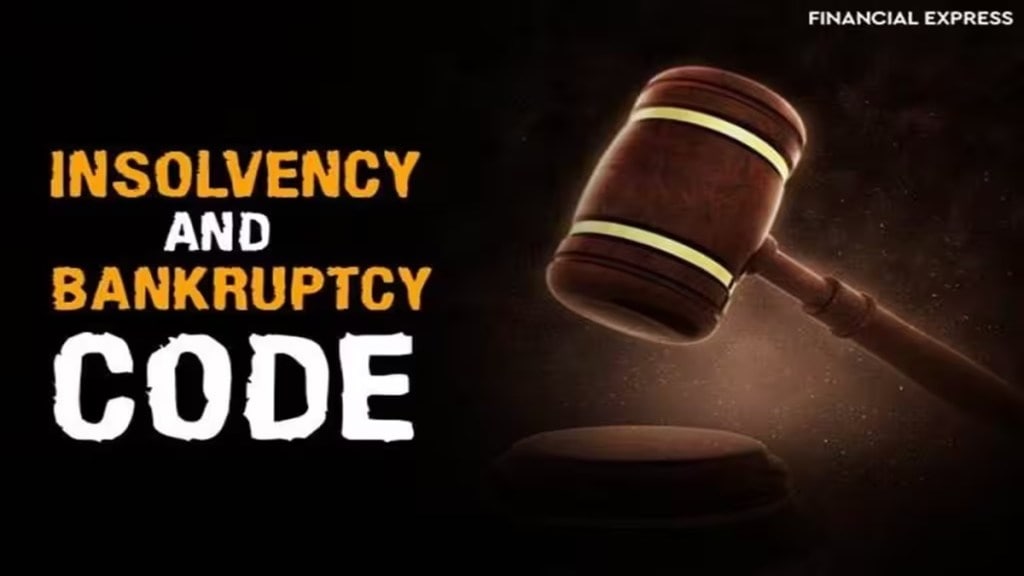Fearing the loss of their personal assets after a recent Supreme Court ruling, promoters of companies under insolvency proceedings are expected to rush to settle their pending dues with banks. Following the ruling, lenders can now liquidate personal assets such as residential properties, shares and bonds, gold and jewellery, of these promoters. Legal experts say this will force such promoters and directors to come forward voluntarily to settle dues, which in turn will boost the recovery from bad loans.
“Earlier banks were asked by the promoters to recover their dues by liquidating the company’s assets, which is a time-consuming process. Now the lenders can immediately recover their dues by liquidating their (promoters’) personal assets,” HP Ranina, senior advocate, Supreme Court, told FE. The Supreme Court last week upheld the constitutionality of the Insolvency and Bankruptcy Code (IBC) provisions on personal guarantors in the insolvency resolution process, bringing relief to lenders.The judgment is likely to have far-reaching implications on the several high-profile cases. Lenders are engaged in legal battles with many high-profile names, such as Anil Ambani, Venugopal Dhoot, Kishore Biyani, Kapil and Dheeraj Wadhwan, to recover their dues.
According to the Insolvency and Bankruptcy Board of India, 2,289 cases related to personal guarantees involving corporate debt of Rs 1.64 trillion have been filed at the National Company Law Tribunal. “Personal guarantors are now more compelled to engage in negotiations and settlements with creditors. Previously, the ambiguity in the legal framework allowed them to evade liabilities, but the SC ruling has reduced this scope,” Sonam Chandwani, managing partner, KS Legal & Associates told FE.
“They might have to resort to either negotiating a settlement or facing insolvency proceedings under the IBC,” she added.Experts say promoters do not have many options left as the top court’s ruling has removed ambiguity from this issue. “With the Supreme Court’s judgment and subject to the Code (IBC) being followed in letter and spirit, there is a higher possibility that personal guarantors would be more akin to a quicker settlement as there is very little left for them to question or challenge the appointment of RP (resolution professional) and the recommendation that would be made by such RP for insolvency process,” Sushmita Gandhi, partner, IndusLaw, told FE.
“This decision could lead to quicker settlements between personal guarantors and lenders, as it clarifies the legal position and may deter guarantors from initiating protracted legal battles, leading to more expedient resolutions,” she added.

